20+ Years Experience
Specialist Business Insolvency Company

Get in Touch Today to Speak to a Specialist Adviser
As a business owner, it can be difficult to find solutions when cashflow is tight, and you have obligations to pay dividends to directors and shareholders.
We explore what you need to know about managing these limited dividend payments, from exploring different investment structures to determining who should receive the money.
This important resource will provide business owners with methods for prioritising and strategising their finances to ensure that their company’s needs are met sustainably and successfully.
When a company can’t pay dividends, it isn’t making enough money to pass the solvency test.
This test ensures that if the business were to close immediately, all debts and liabilities – including dividends – could still be paid off. If they fail this test, they risk becoming insolvent.
To stay afloat financially, companies may waive their right to receive dividends (known as dividend waivers) or declare interim dividends, which are lower than usual payments but spread over longer periods.
The consequences of not being able to pay dividends go beyond just financial difficulties; there’s also decreased market value and confidence from other shareholders.
In extreme cases, an illegal dividend might have to be declared, which could lead to penalties from HMRC and directors being personally liable for any unpaid taxes/national insurance contributions!
The insolvency test is like a financial check-up for companies.
The company director performs it at a board meeting to see if they have enough resources to pay dividends to shareholders.
If not, it’s considered insolvent and can’t pay out without risking major debt.
Before paying out dividends, companies must ensure they have enough money in the bank and that it won’t affect their future profits or finances.
Otherwise, they could be in hot water! So when it comes time for dividend payments, directors must ask themselves: “Can we afford this?”
If a company fails to meet the criteria of the insolvency test, or is unable to pay out dividends due to insufficient profits, what happens?
The consequences can be severe. Additional taxes such as corporation tax and income tax may be incurred for ultra vires dividends paid outside of the accounting period.
HMRC could also impose fines and penalties for paying out illegal dividends.
Shareholders, too, face serious repercussions if a company cannot pay dividends – they may not receive the dividend income they were expecting, and financial difficulties could arise from insufficient profits.
If an illegal dividend is declared, shareholders must repay these payments, which could put them in a precarious position.
The company directors are not exempt either – any unpaid taxes or national insurance contributions resulting from dividend payments will fall on their shoulders.
In some cases, directors may even become personally liable if the business fails and creditors remain unpaid; this could lead to fines and disqualification from acting as a director for up to 15 years!
It’s clear that failing to meet insolvency tests or being unable to pay out dividends has far-reaching implications for companies, shareholders, and directors alike – with potentially devastating results!
When a company cannot pay dividends to its shareholders, it is important to seek professional advice. Speaking to a professional is the best way to establish whether the company is insolvent or not.
A professional can assess the company’s financial position and advise on the best action.
It is important to remember that insolvency is a serious issue and should not be taken lightly.
Companies should take all necessary steps to ensure they remain solvent and can continue operating.
Seeking professional advice is essential for any company that cannot afford to pay dividends. A professional can help to establish whether the company is insolvent or not by assessing the company’s financial position.
Additionally, they may be able to provide advice on how to boost the company’s working capital potentially or may be able to help secure additional funding.
A licensed insolvency practitioner or other reliable professional adviser should be consulted to gain advice specific to the company’s situation.
Generally speaking, a professional can help determine whether the company can pay dividends.
They can also advise on how to proceed if the company cannot afford to pay dividends, such as a dividend waiver or other options.
A professional can also advise on protecting the company from any potential implications of declaring dividends when insufficient distributable profits exist.
What options are available if a company can’t afford to pay a dividend?
One way is to lower the amount of the payment if possible.
This gives them more time to make enough money for future payments. Another option is to spread out dividends over a longer period. This helps reduce the burden and may allow them to pay in better times.
But they must consider other solutions too – like cutting costs or getting extra funding – so they can keep paying dividends in the future.
Remember that illegal dividends are against the law when deciding whether or not to pay! If this has happened already, seek professional advice on how to repay it.
When a company pays out dividends, it must have sufficient profits to do so.
Otherwise, it’s considered an illegal dividend, which can come with serious consequences.
Under company law, a company cannot pay dividends from its capital or assets other than its profits. If there are not enough profits to cover the dividend payments, they’re deemed unlawful.
If a company declares illegal dividends, shareholders may take legal action against them.
The company directors could also face disqualification under the Company Directors Disqualification Act. Act and fines imposed by the court.
Companies must understand their legal obligations when paying dividends to avoid these potential repercussions.
Paying illegal dividends can be a slippery slope, leading to an increase in corporation tax liability.
That’s because when companies use their profits to pay dividends instead of reducing their corporation tax liability, it’s like throwing money away!
So how do you reduce the company’s corporation tax liability? First and foremost, ensure enough realised distributable reserves are available to pay dividends. If not, don’t declare any until sufficient profits exist.
And what if the company doesn’t have enough funds for pension contributions? Again, no declaring dividends until sufficient reserves exist!
Companies must consider these points before paying illegal dividends, or they could find themselves in hot water with the authorities.
If a company has declared illegal dividends, what then? It’s time to stop the payments and start repaying.
To do this, the company must first identify how much was paid out illegally and make repayment arrangements – either by issuing a dividend waiver or declaring a voucher that promises to repay later.
But before any of that can happen, there need to be enough realised distributable reserves available to cover it all. If not, no dividends until those funds exist!
Plus, don’t forget about pension contributions – they’re tax-deductible. If you don’t have enough money set aside for them, you won’t be able to declare any dividends until sufficient reserves are present.
Once everything is repaid, inform HMRC and provide proof of payment – otherwise, more taxes may come your way!
In short, paying illegal dividends can lead down an ugly path with serious consequences for both company and shareholders alike, so make sure you’ve got enough profits ready before declaring anything and pay back any illegal ones as soon as possible!
Companies need to ensure they can pay dividends to ensure their profitability and protect their shareholders’ investments.
Companies unable to pay dividends may run the risk of insolvency or face serious financial and legal repercussions such as HMRC penalties, lowered market value and potential legal action.
Therefore, any company unable to pay dividends should seek professional advice to assess their financial situation and explore potential solutions such as cutting costs or seeking additional funding.
Companies must also be aware of potential legal issues, such as paying illegal dividends and ensuring sufficient distributable profits before declaring dividends.
By understanding the consequences of not being able to pay dividends and taking proactive steps, companies can protect their financial health and their shareholders’ investments.
If a company cannot make dividend payments on time, shareholders may choose to sell their shares since they won’t receive the anticipated return.
Directors may need to assess other options, such as changes to operations or personnel, to generate sufficient funds to meet dividend requirements.
Yes, a director can refuse to pay dividends. While shareholders have an expectation of dividend payments, the directors are empowered to decide whether or not to distribute profits in the form of dividends.
The decision to pay dividends is ultimately up to the directors, and they may choose to reinvest profits back into the company instead of paying out dividends.
No, it is not necessary to pay all directors dividends. However, depending on the proportion of shares held, directors might be eligible for dividends if the board decides to pay them out.
Whether or not a dividend is paid will depend on the board’s decision and the profits available.
No, it is not compulsory to pay dividends to shareholders. Whilst companies may choose to pay a dividend, it is ultimately up to the directors of the company to decide whether or not to do so and the circumstances in which any payment would be made.
The directors will consider the company’s financial position, the profits available for distribution and the company’s plans when making a decision.
Here are some other informative articles about business debt in the UK:

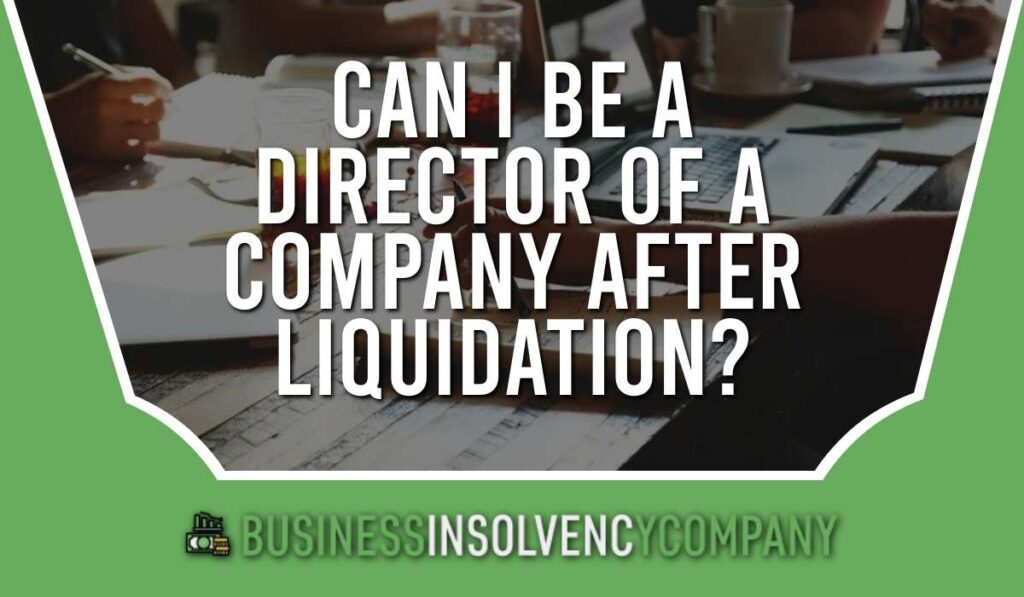


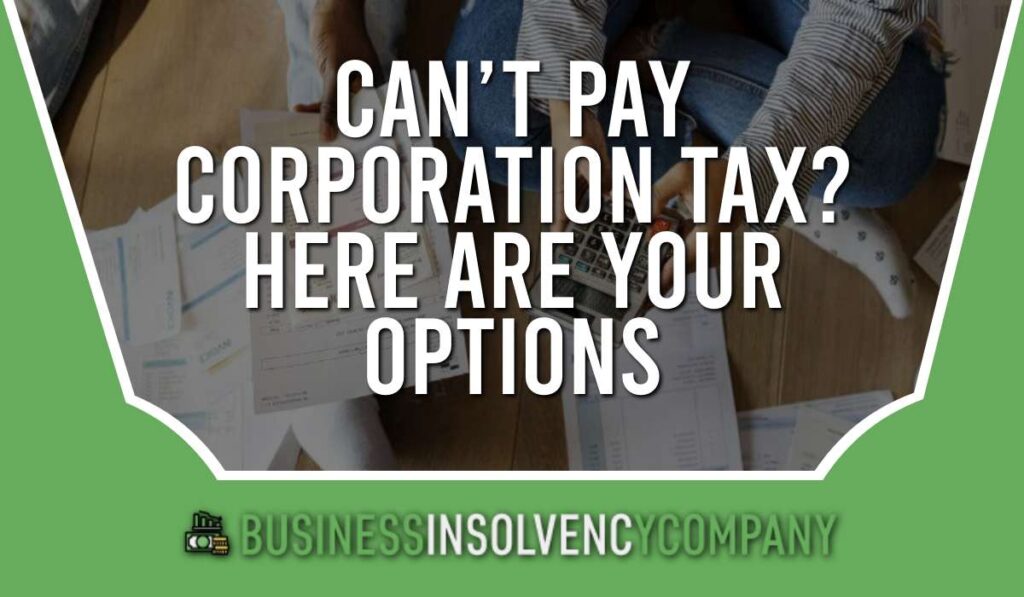

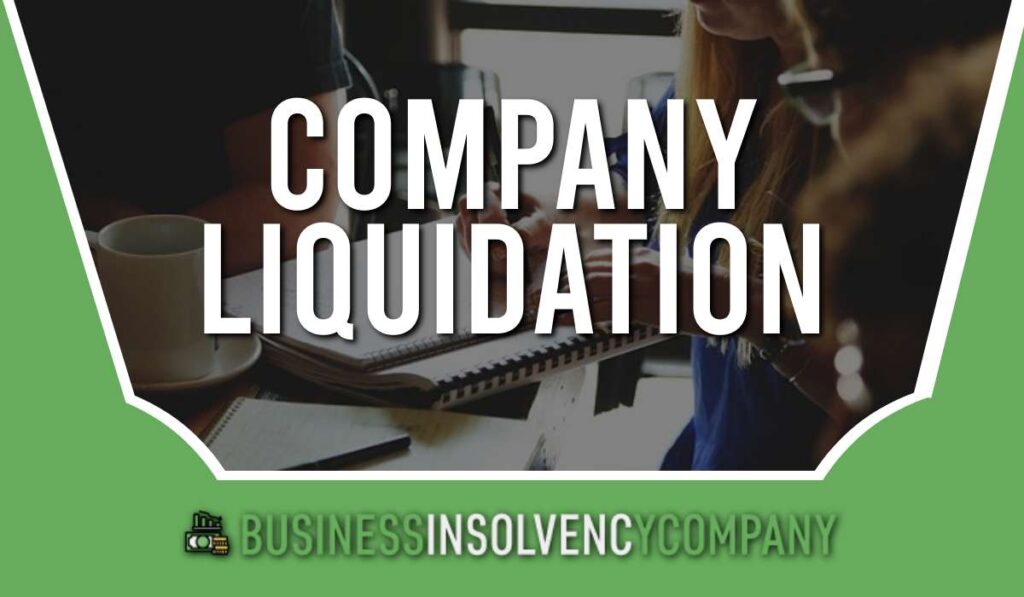
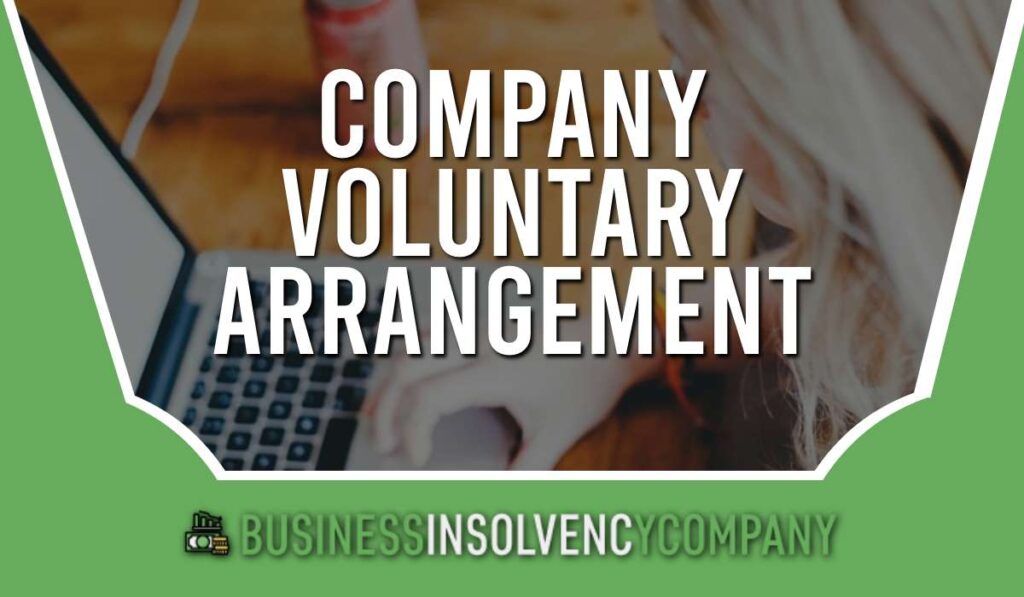

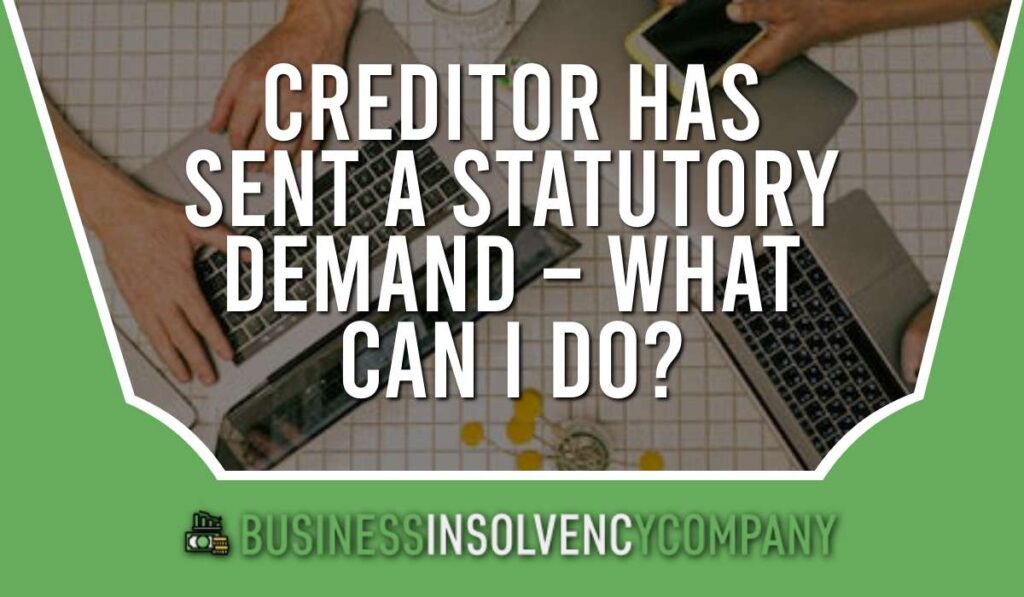
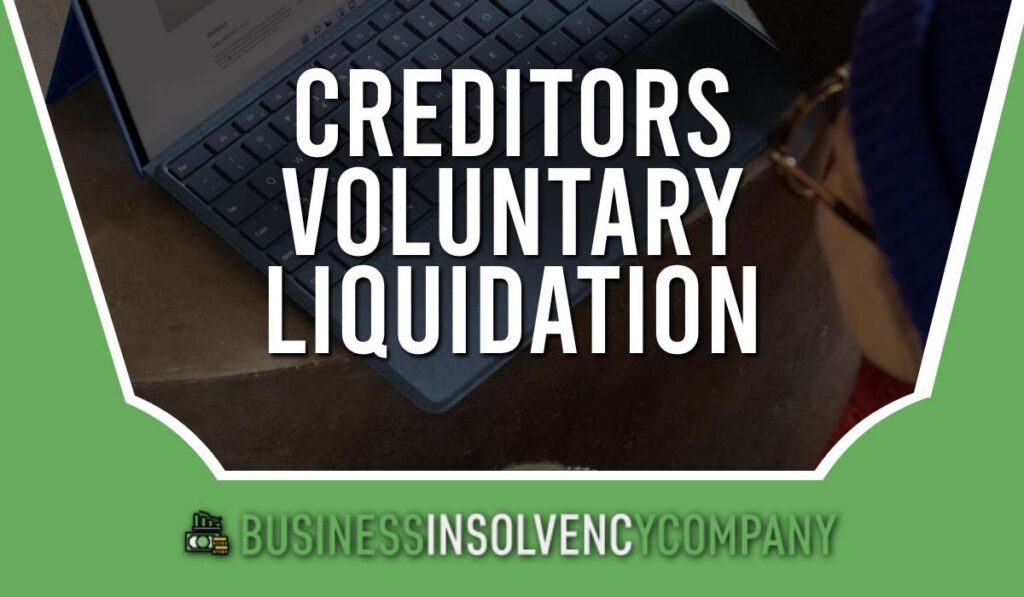
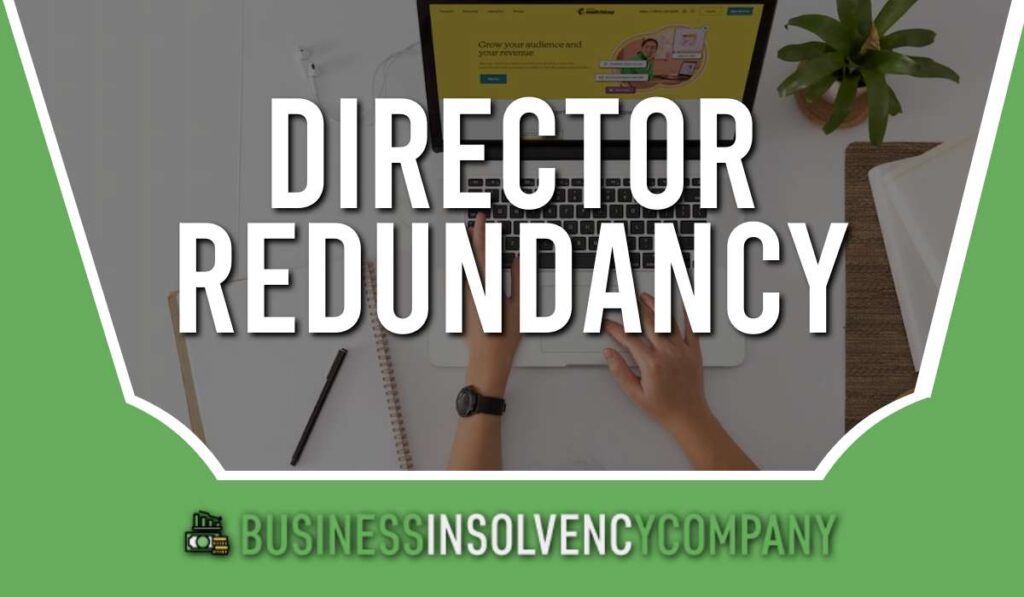
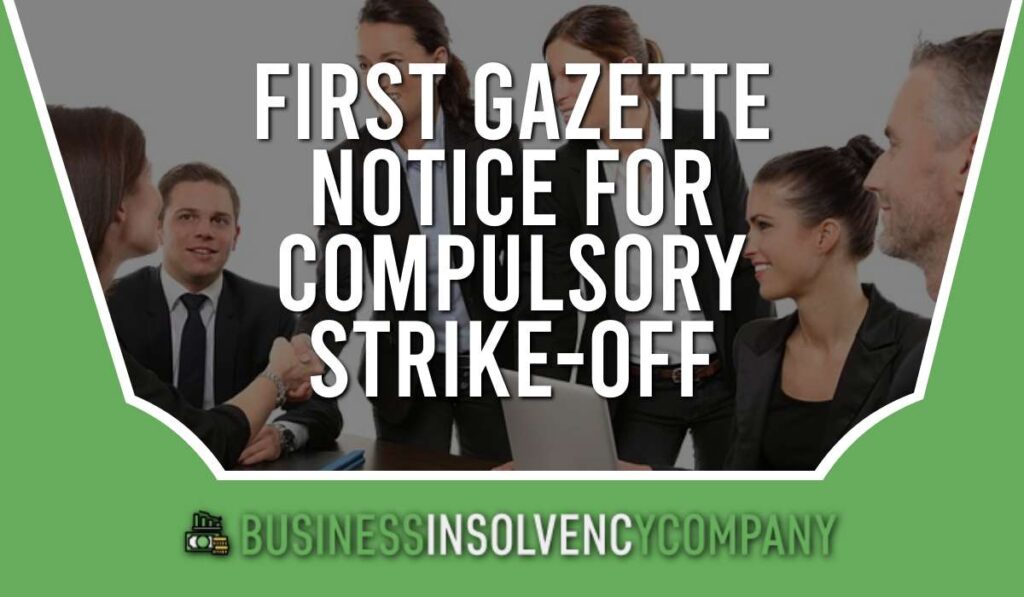
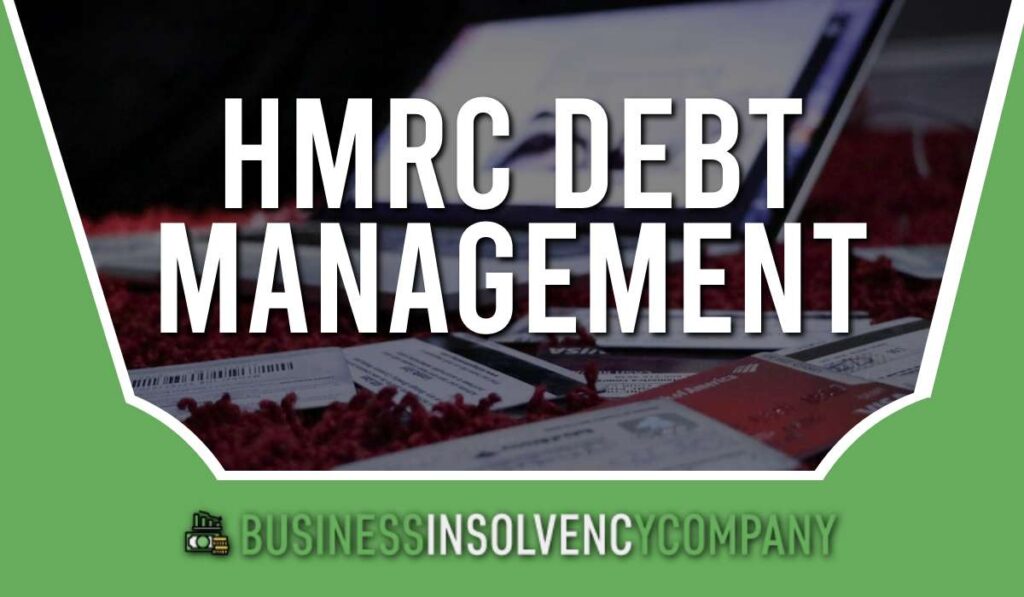

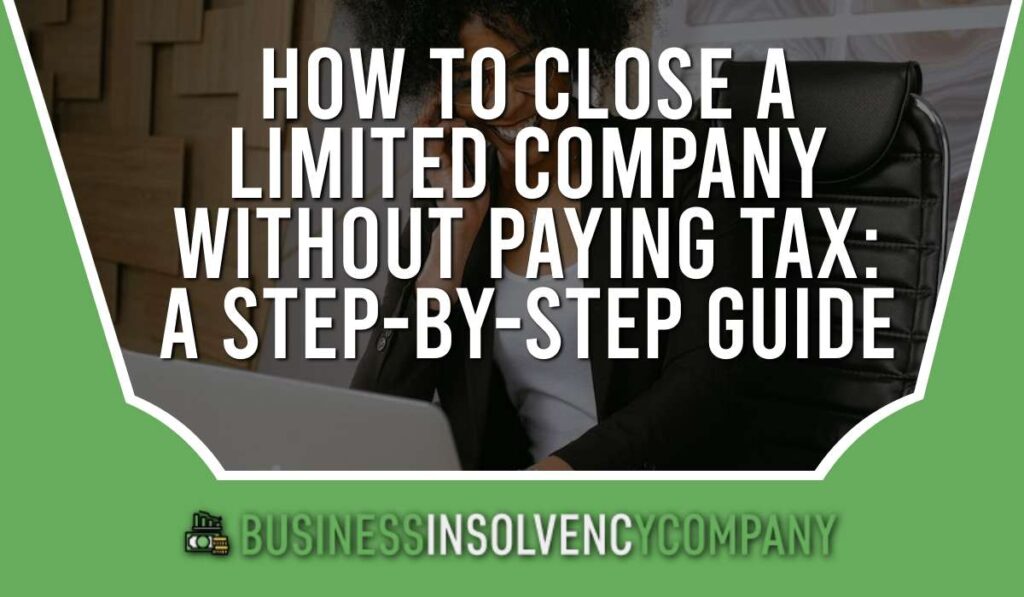
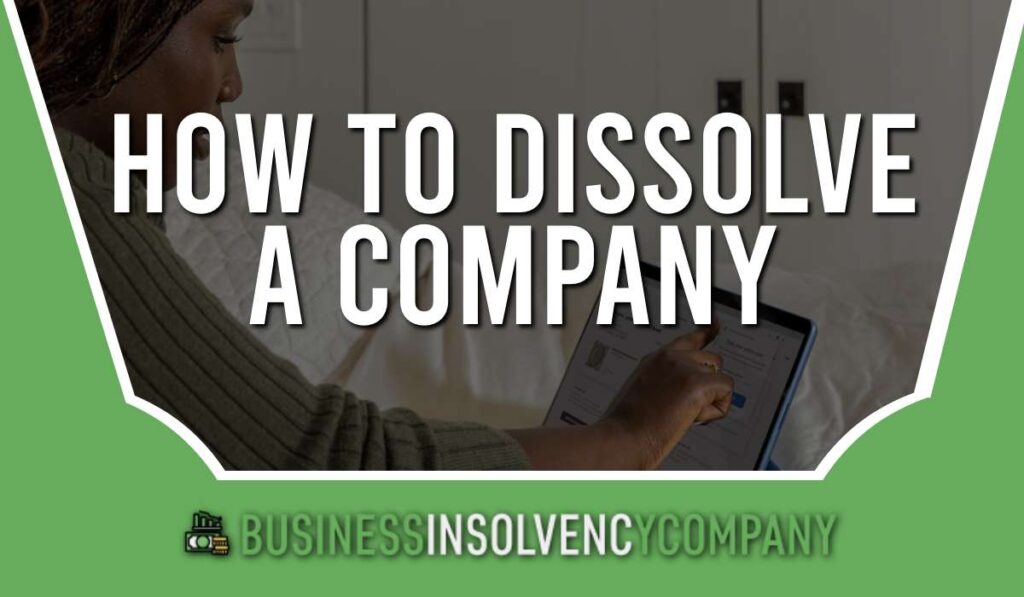









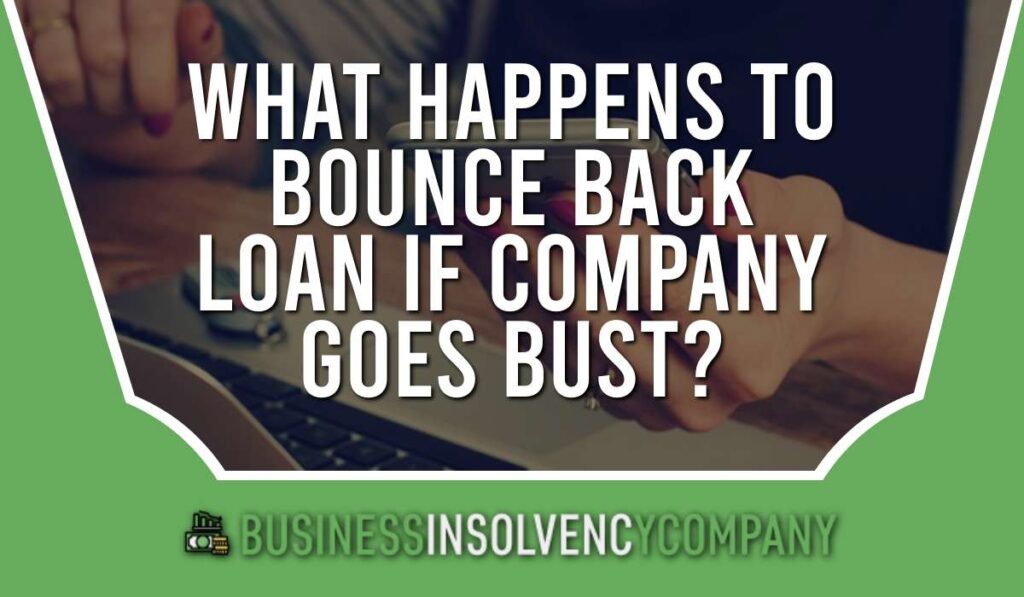
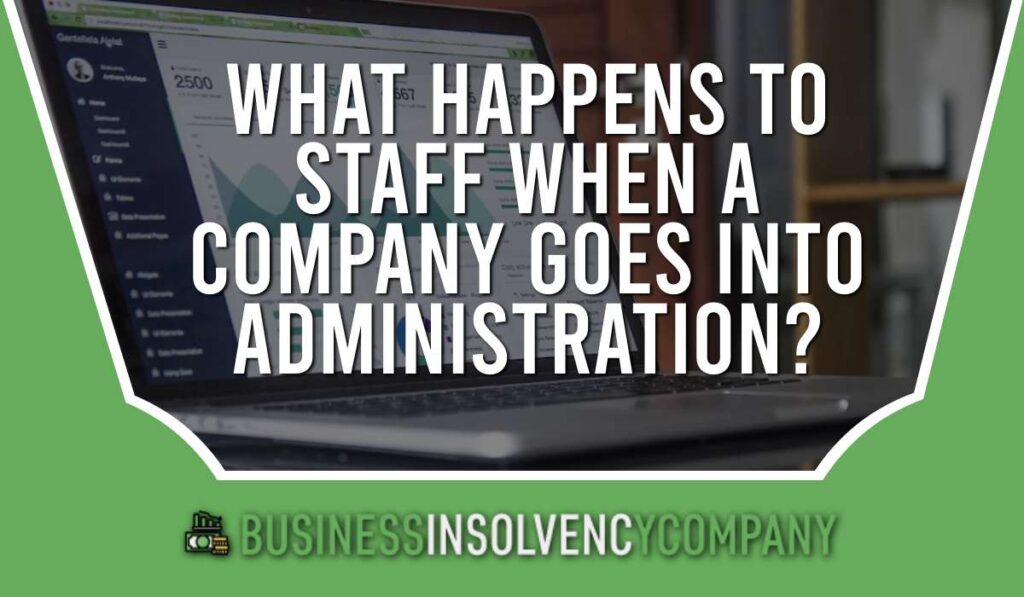

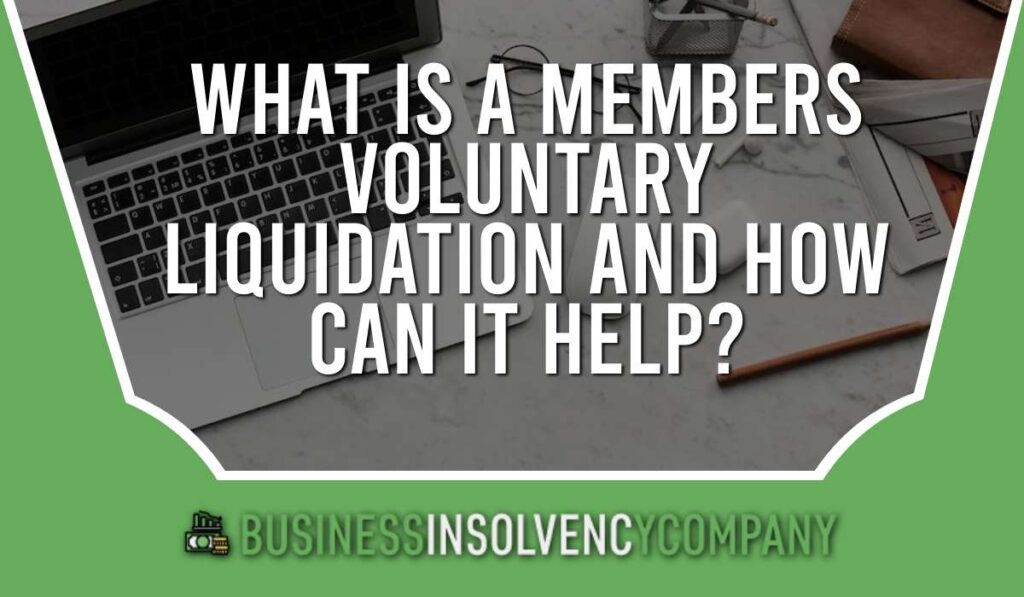

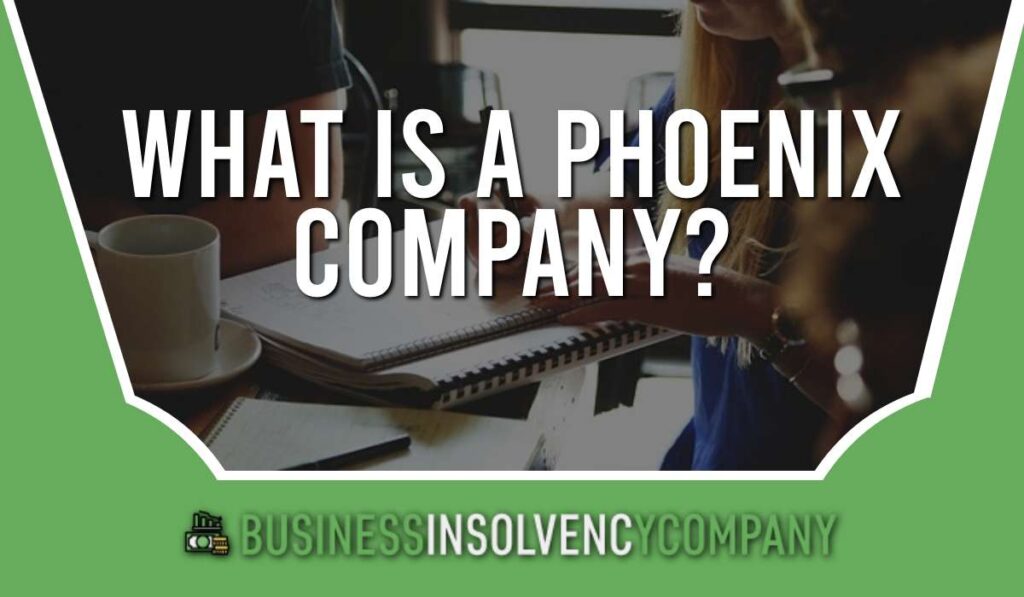

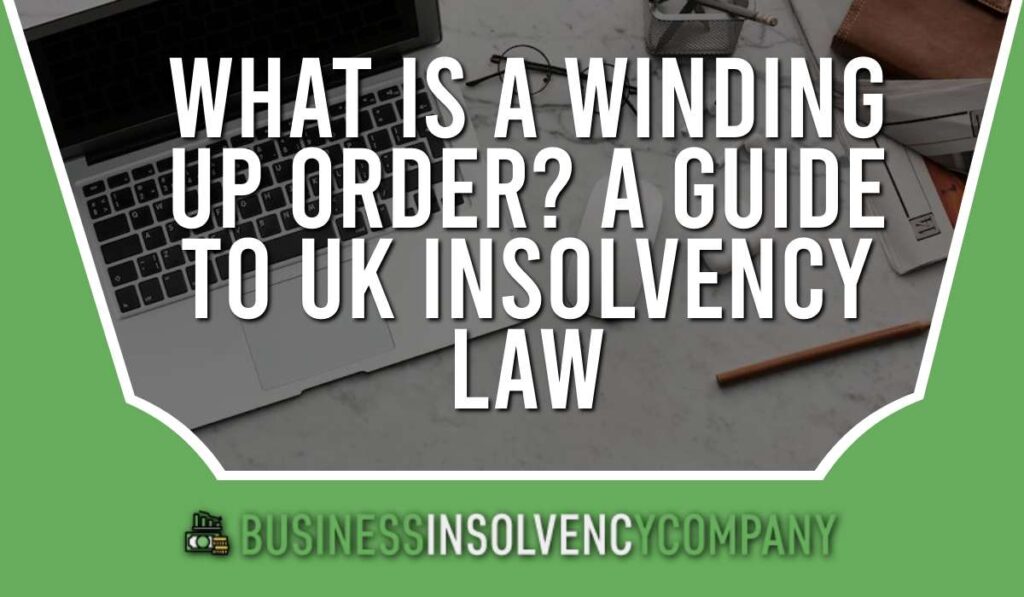




We Aim To Reply To All Enquiries With-in 24-Hours